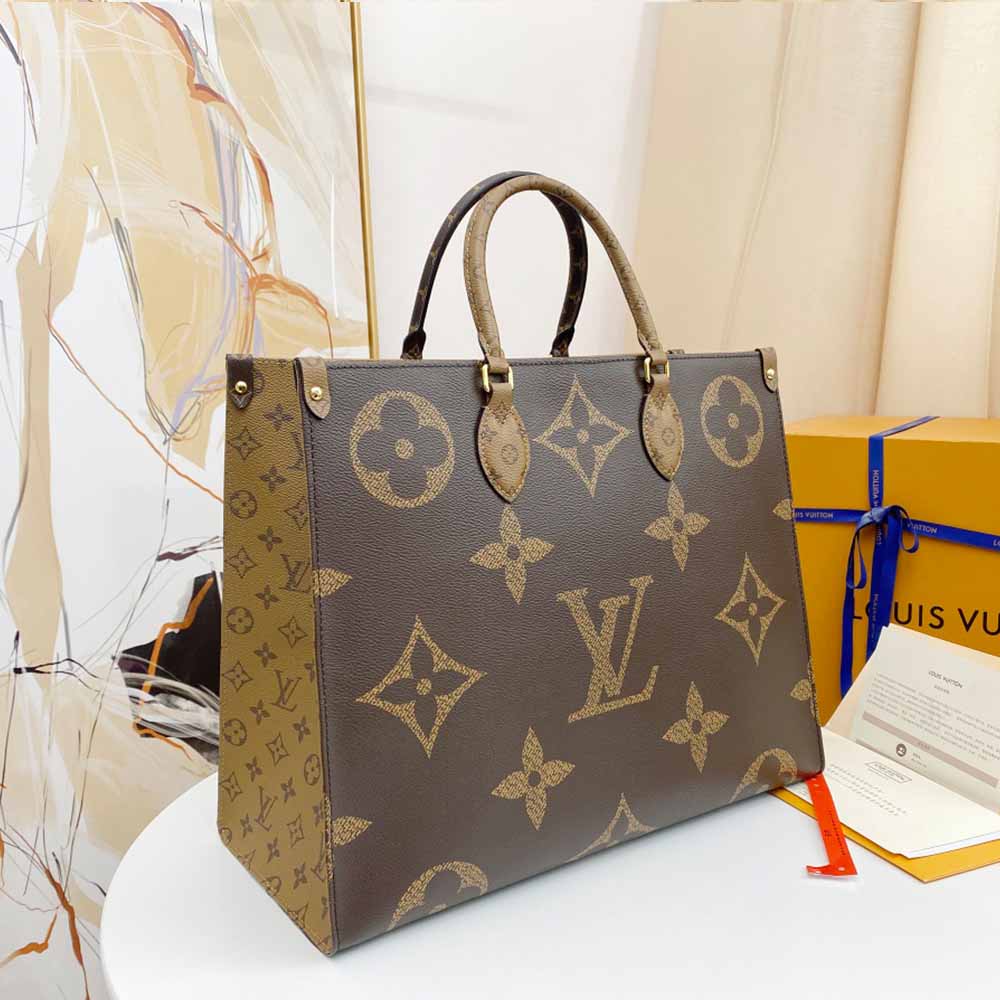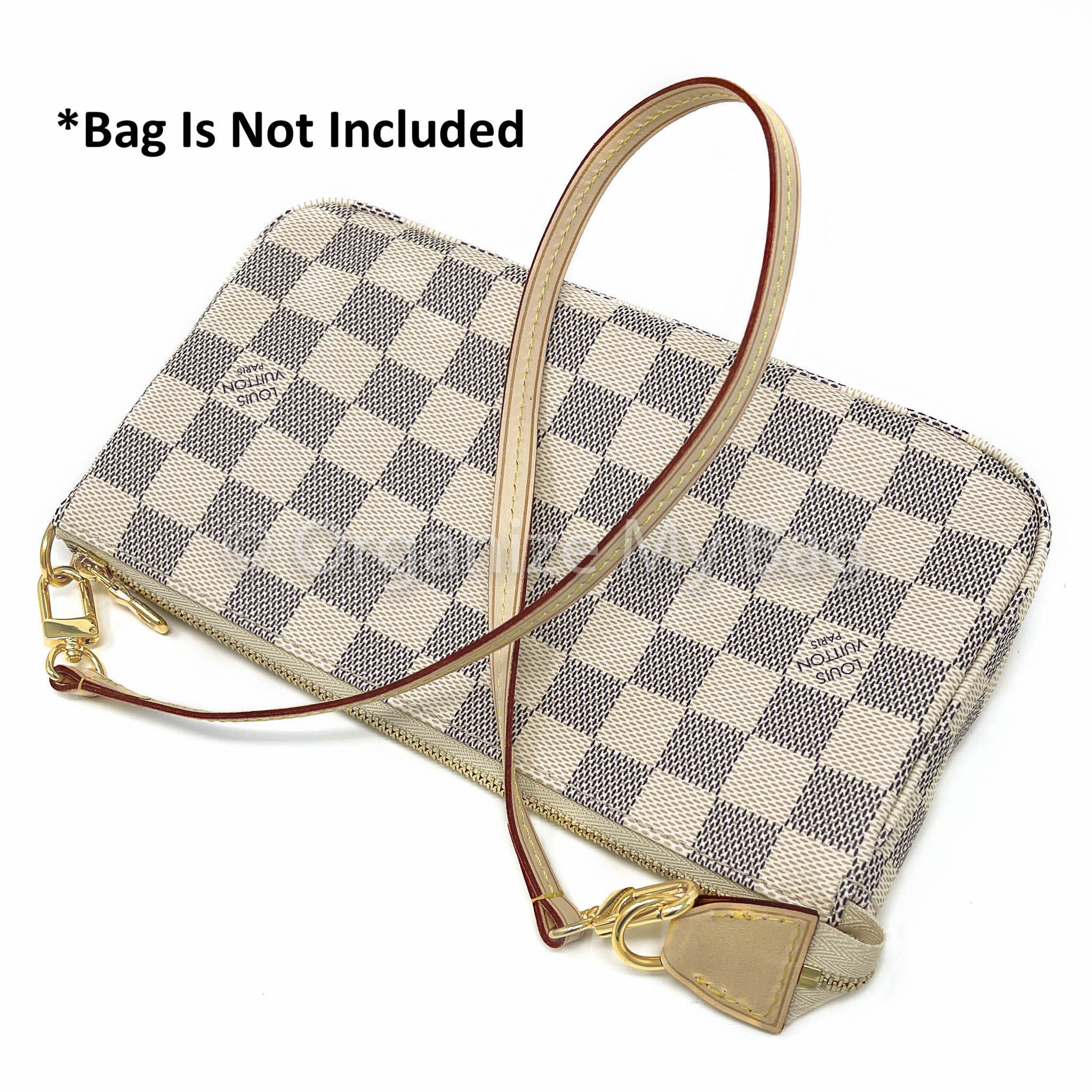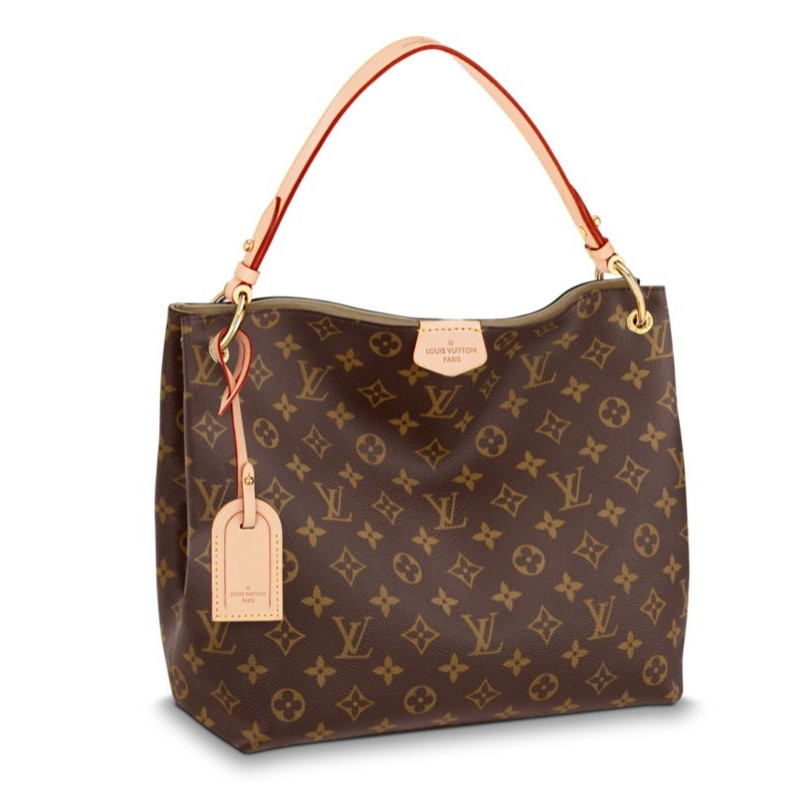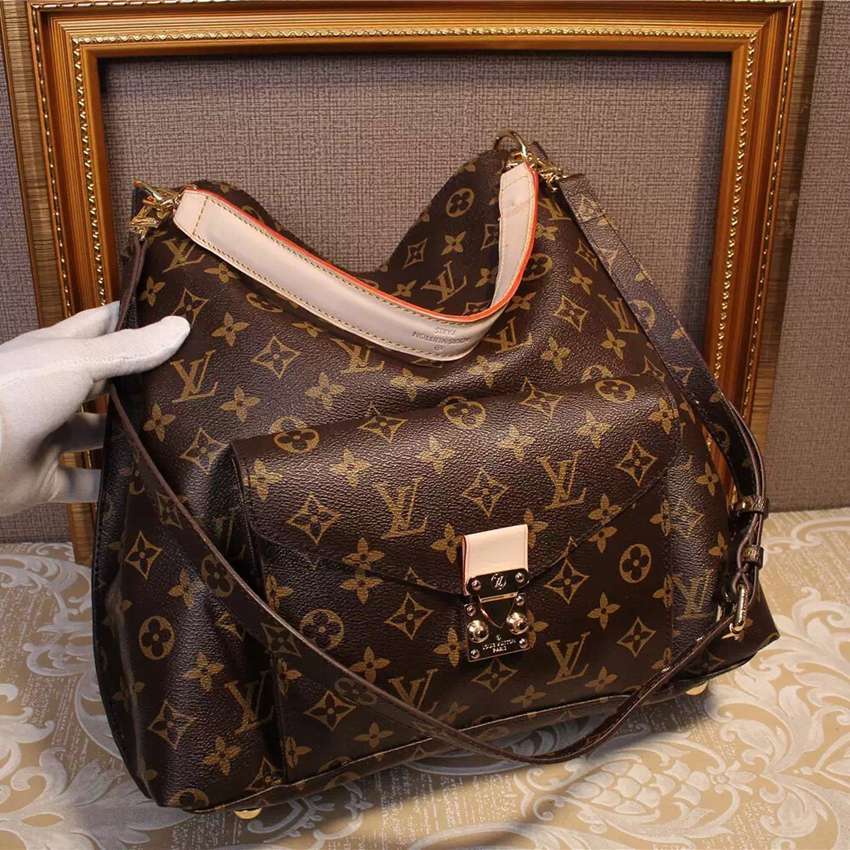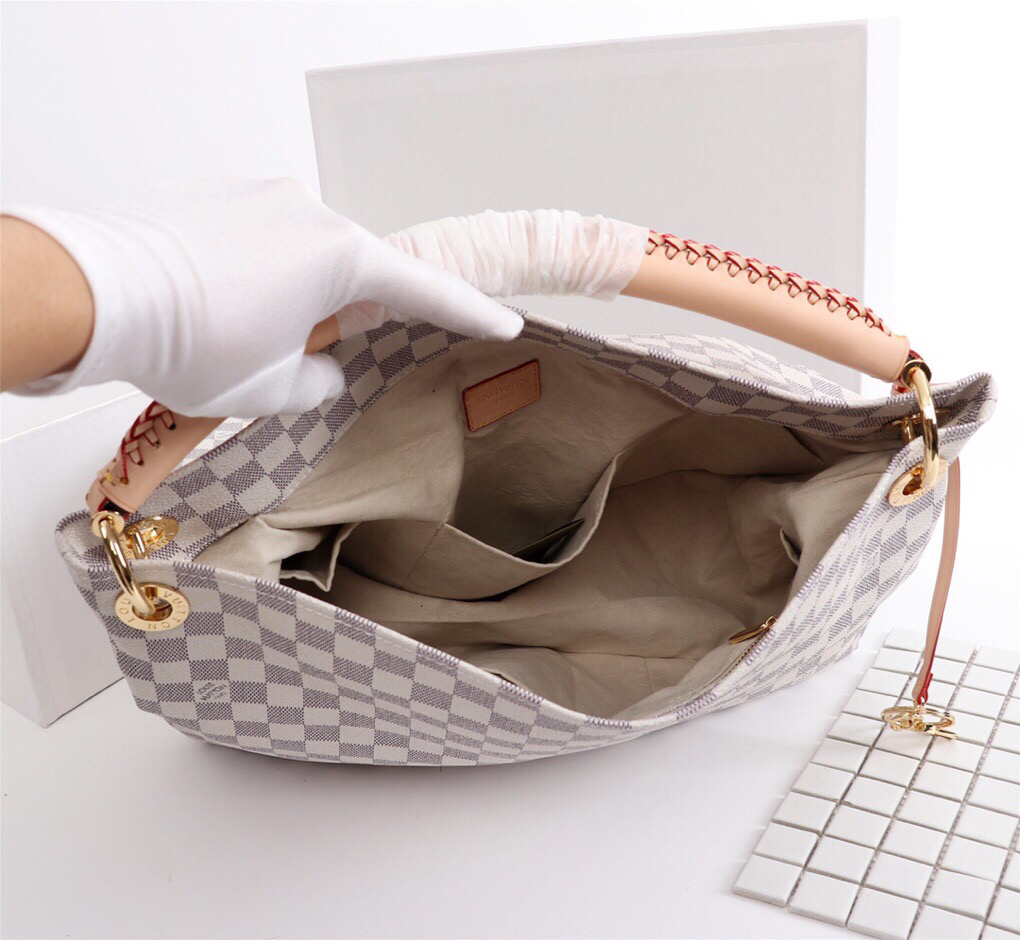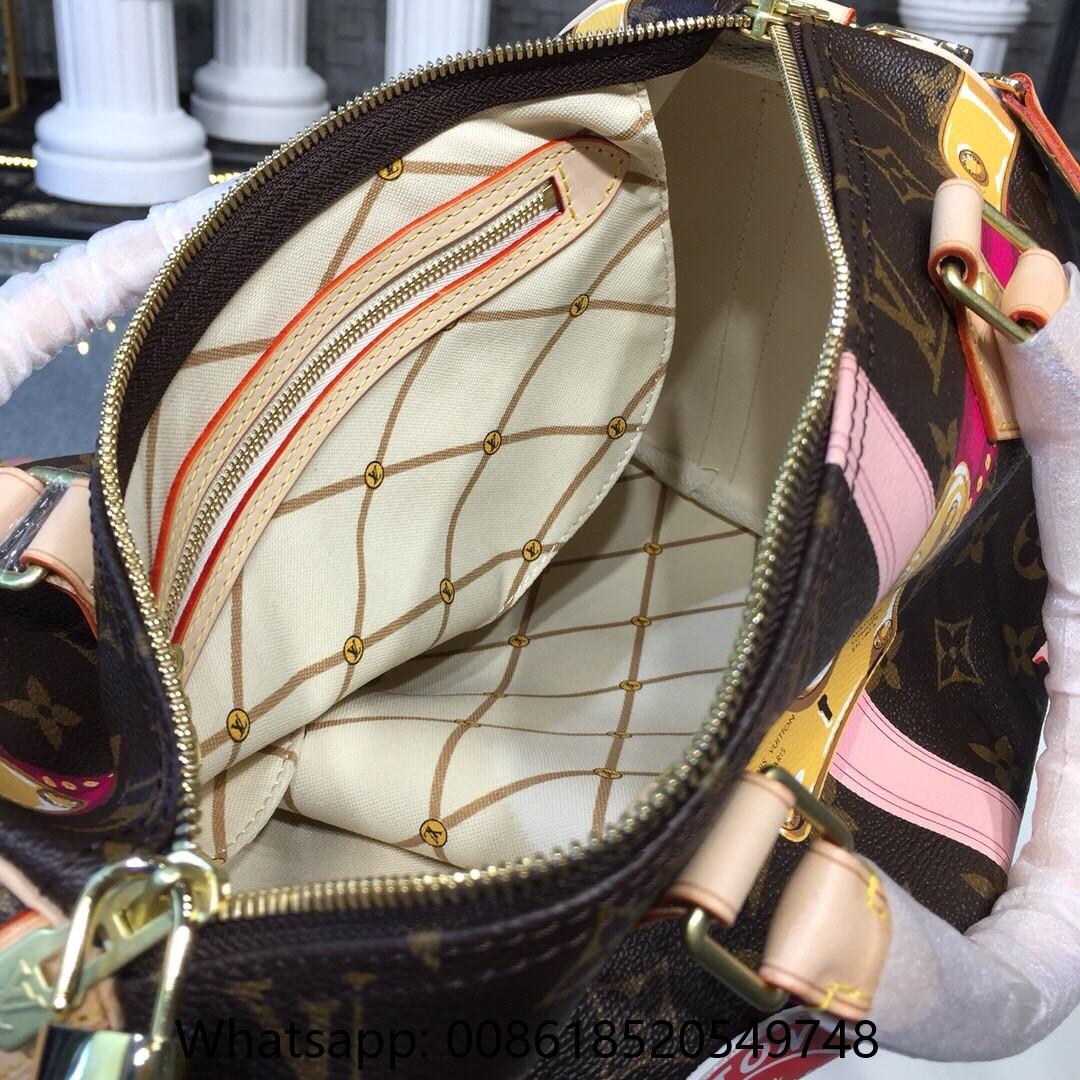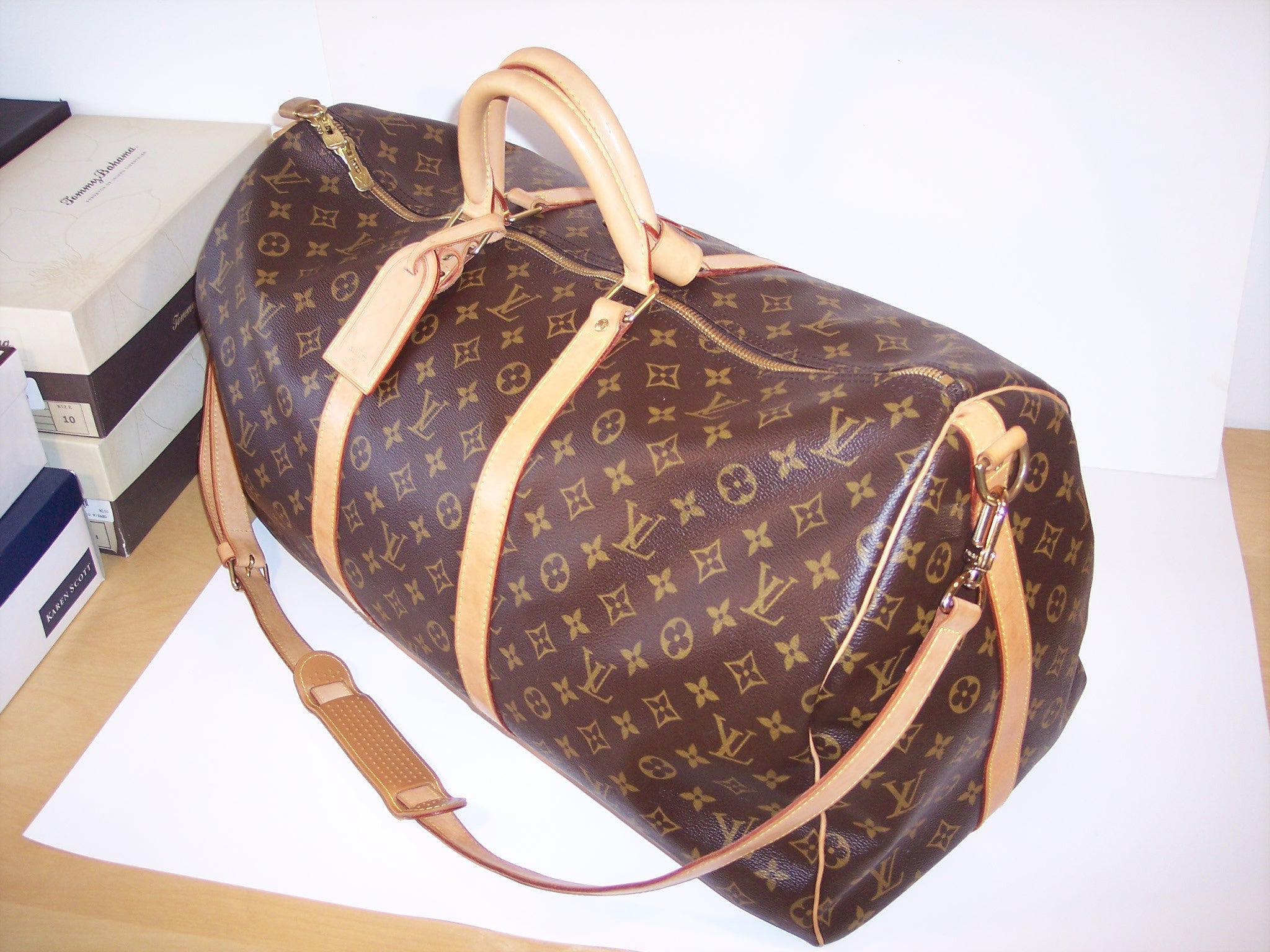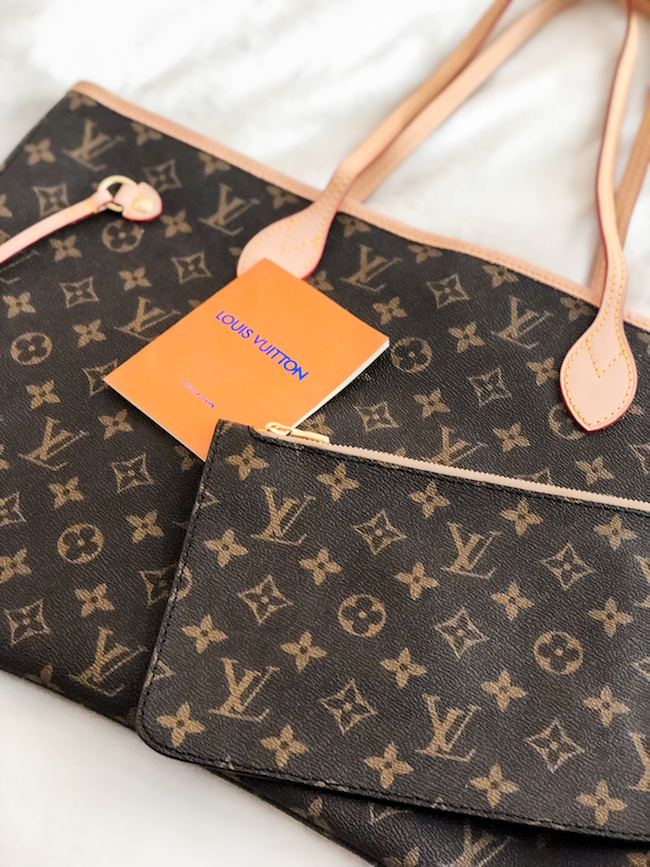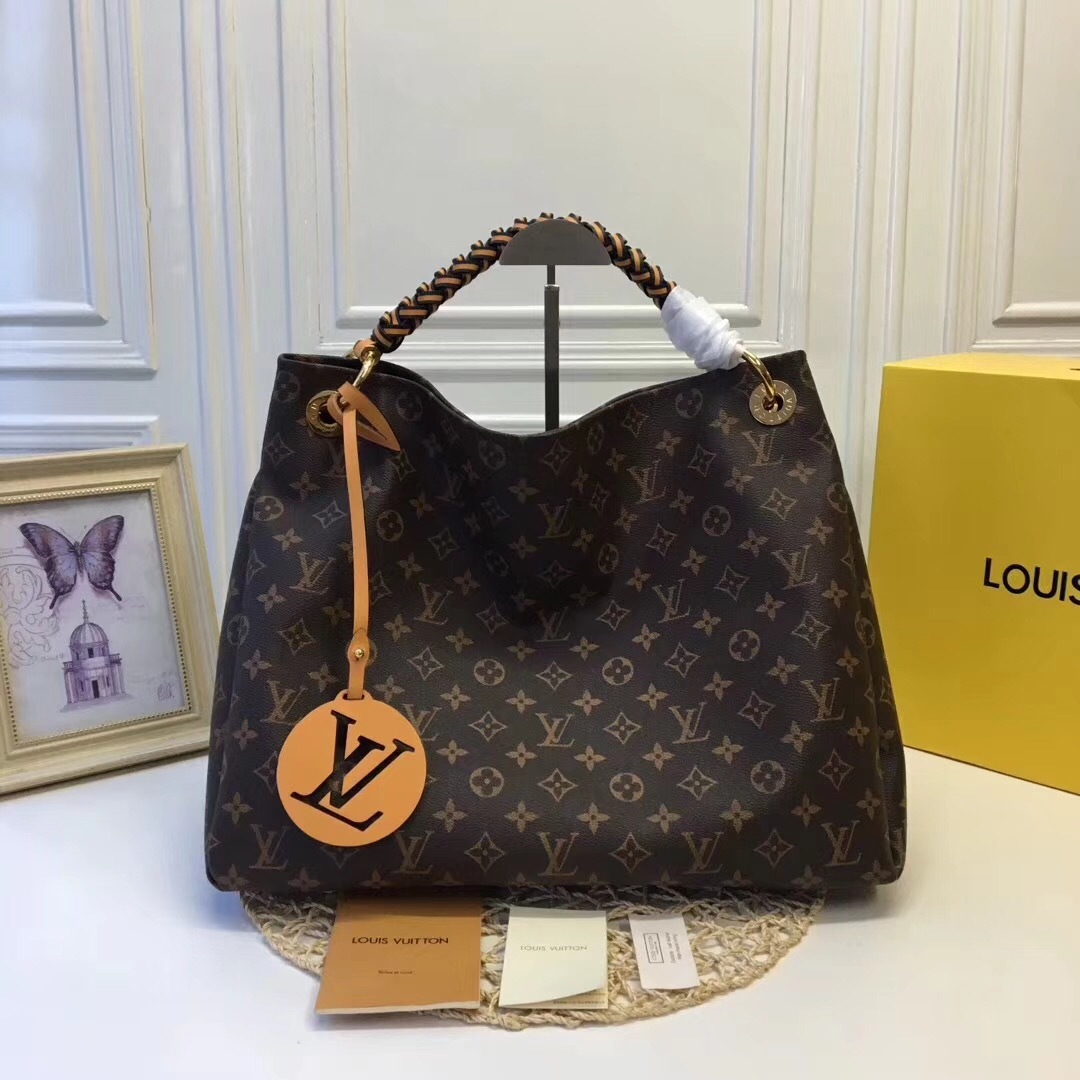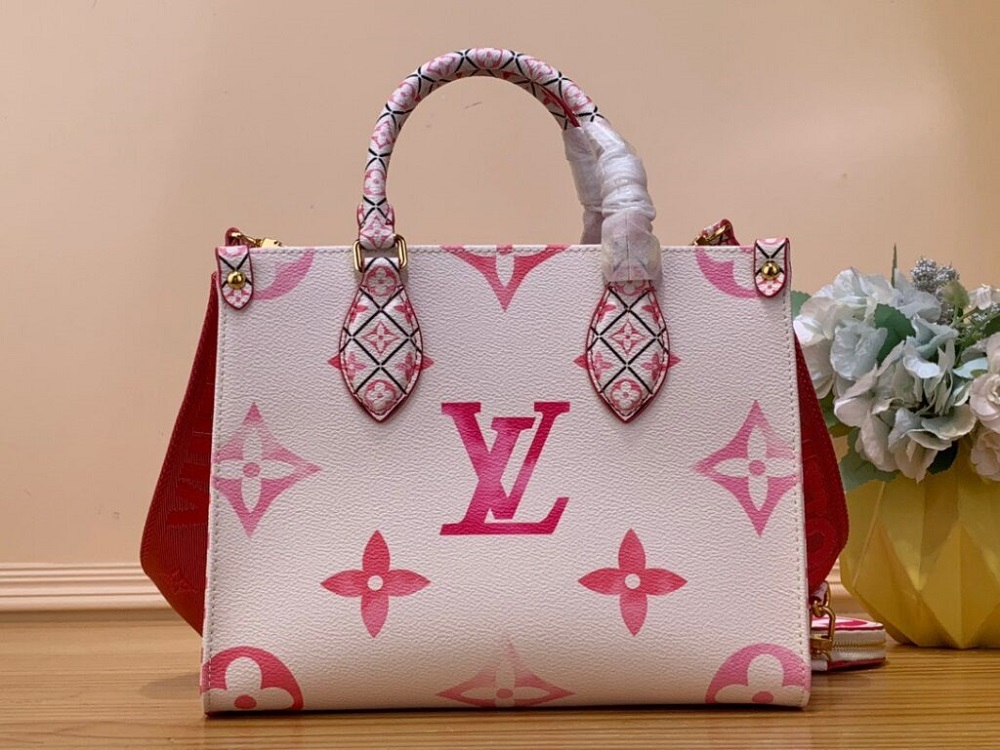Fake Louis Vuitton Bag For Sale
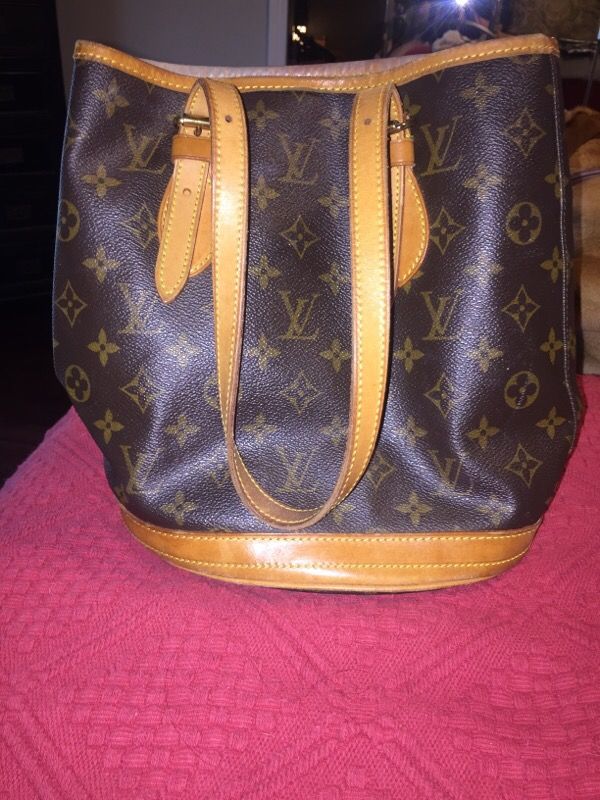
The allure of luxury, the iconic monogram, the undeniable status symbol: all hallmarks of a genuine Louis Vuitton bag. But beneath the surface of aspirational desire lies a murky underworld of counterfeit goods, preying on unsuspecting consumers and chipping away at the integrity of established brands.
The pervasive trade in fake luxury items, particularly Louis Vuitton bags, has reached epidemic proportions. This not only defrauds consumers but also fuels organized crime, undermines legitimate businesses, and poses significant economic threats. Understanding the scale of this problem, the methods employed by counterfeiters, and the potential repercussions is crucial for both consumers and businesses alike.
The Counterfeit Market: A Booming Business
The global counterfeit market is a multi-billion dollar industry, with luxury goods being a prime target. According to a 2021 report by the Organisation for Economic Co-operation and Development (OECD), counterfeit and pirated goods amounted to as much as 2.5% of world trade. This translates to hundreds of billions of dollars lost annually to legitimate businesses.
Louis Vuitton, with its instantly recognizable designs and high price point, is a frequent victim of counterfeiting. The brand's popularity and reputation make it a desirable target for counterfeiters seeking quick profits with minimal investment.
Identifying a Fake: Red Flags and Tell-Tale Signs
Distinguishing a genuine Louis Vuitton bag from a fake requires a keen eye and attention to detail. Counterfeiters are becoming increasingly sophisticated, making it harder to spot the difference.
However, several key indicators can help consumers avoid falling victim to fraud: The stitching quality, material consistency, hardware details, and overall craftsmanship. Check for inconsistencies, uneven seams, or inferior materials, which are often hallmarks of a fake.
Authenticity codes, sometimes referred to as date codes, are also crucial. These codes provide information about where and when the bag was manufactured. Researching the proper format and location of these codes is essential to ensure their legitimacy.
Price is another significant factor. If a deal seems too good to be true, it likely is. Authentic Louis Vuitton bags rarely go on deep discount, and heavily reduced prices are almost always a sign of a counterfeit.
The Legal Repercussions and Brand Protection
Louis Vuitton actively combats counterfeiting through legal action and brand protection initiatives. The company employs a dedicated team of investigators and lawyers who work to identify and shut down counterfeit operations worldwide.
According to Louis Vuitton's official website, the company invests significant resources in intellectual property protection, including registering trademarks and patents, conducting market surveillance, and pursuing legal remedies against counterfeiters.
"Louis Vuitton is committed to protecting its brand and intellectual property rights. We will continue to take aggressive action against those who engage in counterfeiting and other forms of intellectual property infringement,"stated a company representative in a recent press release.
The legal consequences for selling counterfeit goods can be severe. Counterfeiters face potential criminal charges, including fines, imprisonment, and asset forfeiture. Civil lawsuits can also result in significant financial penalties.
Consumer Awareness and Protection
Consumer awareness is crucial in combating the counterfeit market. Educating consumers about the risks associated with buying fake goods and providing them with the tools to identify counterfeits can help reduce demand.
Consumers should only purchase Louis Vuitton products from authorized retailers, such as official Louis Vuitton stores, reputable department stores, or the brand's official website. Be wary of online marketplaces or individual sellers offering suspiciously low prices.
Before making a purchase, carefully examine the product and its packaging for any signs of counterfeiting. If you suspect that a product is fake, report it to the appropriate authorities, such as the International Anti-Counterfeiting Coalition (IACC) or the local police department.
The Impact on the Economy and Society
The counterfeit market has significant economic and social consequences. It undermines legitimate businesses, reduces tax revenues, and fuels organized crime.
According to the IACC, counterfeiting results in the loss of millions of jobs annually and reduces government tax revenues by billions of dollars. The proceeds from counterfeit sales often fund other criminal activities, such as drug trafficking, human trafficking, and terrorism.
The social impact of counterfeiting is also significant. Counterfeit goods often fail to meet safety standards and can pose health risks to consumers. For example, fake cosmetics may contain harmful ingredients, and counterfeit electronics may be prone to fire or electrical hazards.
Looking Ahead: Combating the Counterfeit Trade
Combating the counterfeit trade requires a multi-faceted approach involving governments, businesses, and consumers. Strengthening law enforcement efforts, increasing consumer awareness, and developing innovative technologies to detect and prevent counterfeiting are all essential.
Governments need to enact stricter laws and increase penalties for counterfeiting. Businesses need to invest in brand protection measures and work with law enforcement agencies to identify and shut down counterfeit operations.
Consumers need to be vigilant and educated about the risks associated with buying fake goods. By working together, we can reduce demand for counterfeit products and protect legitimate businesses, consumers, and society as a whole.
